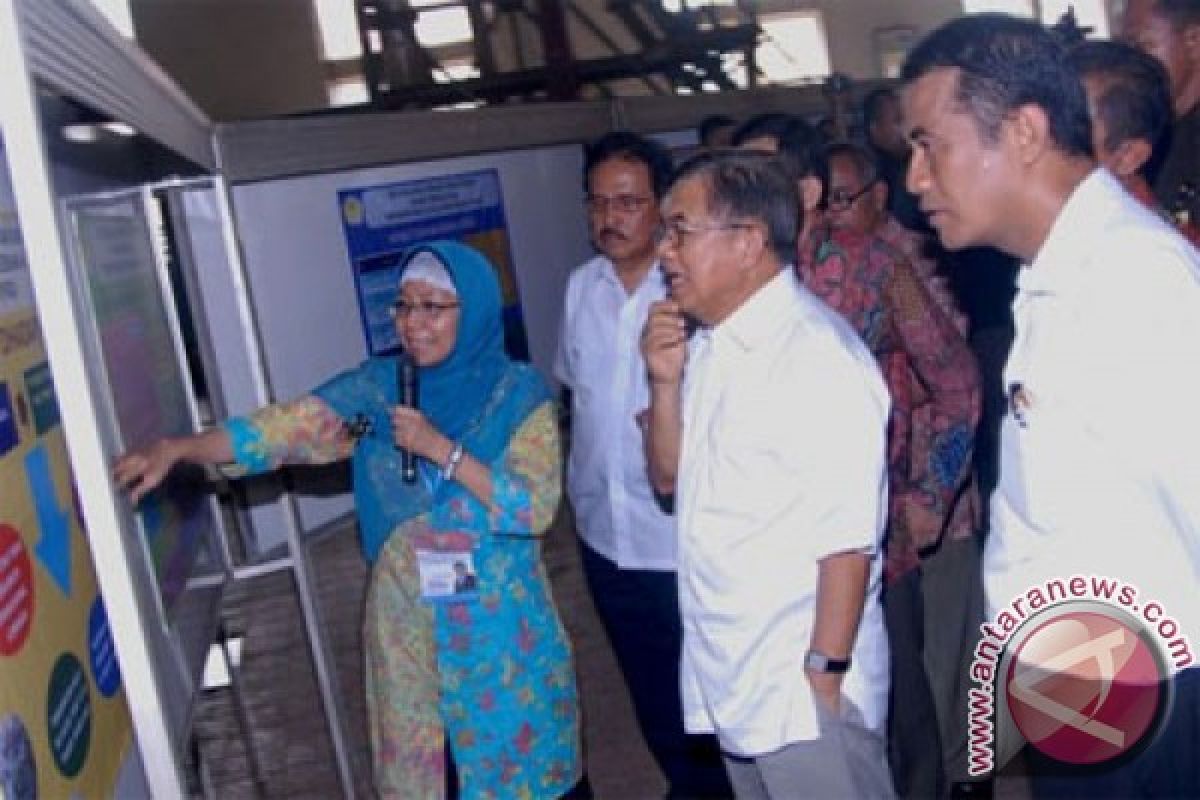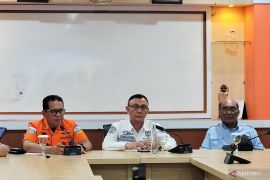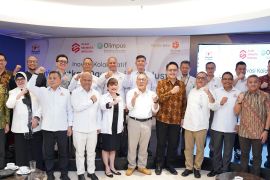Efforts to boost the factories? sugarcane derivative product innovation are made to increase the added value and competitiveness.
In its attempt to improve its capitalization and maximize its business potential, PT Perkebunan Nusantara Group (PTPN Group), for example, is developing a downstreaming program for its cane product into bio-ethanol.
The company is also transforming its refining production process into Remelt Carbonatation. It has also increased the production capacity of five of its mills from 20 thousand tons cane per day (TCD) to 32 thousand tons TCD.
Starting from 2019, another state-owned plantation company, PTPN X, will convert fuel grade bio-ethanol into extra neutral alcohol (ENA) or industrial grade bio-ethanol, with a capacity of 100 Kiloliters Per Day (KLPD), and fermented bagasse pellets, which can be used as fuel, amounting to 3 million tons per day.
PTPN X, in the meantime, will revitalize its technical ethanol factory, with a capacity of 15 KLPD, to become industrial grade bio-ethanol, with a capacity of 100 KLPD.
"The sugarcane derivative product innovation is aimed at increasing its added values, competitiveness in the ASEAN region, financial performance, as well as contributing to state revenues," Wahyu Kuncoro, deputy for agro industry and pharmacy of the SEO Ministry, noted in a written statement on Friday (Nov 30).
Apart from this, as a SOE, PTPN also has a role in partnering with sugarcane farmers, in an effort to improve the quality of life of farmers. Until now, SOE sugar mills have become pioneers in building ideal partnerships with sugarcane farmers. About 90 percent of the SOE sugar factories in Java have milled the production of sugarcane of farmers with a profit sharing mechanism.
Besides innovating products, the SOE Ministry is accelerating the revitalization of sugar factories of plantation firms (PTPN).
Executive Vice President of PTPN Holding, Aris Toharisman, explained that the company continues to improve the pattern of partnership relations with sugarcane farmers both in the provision of production and harvesting facilities and funding support through the partnership and community development program (PKBL).
"In fact, PTPN Group and PT RNI (PT Rajawali Nusantra Indonesia) have also synergized with state-owned logistics board Bulog, by distributing farmers` sugar to Bulog at a price of Rp9,700 per kilogram (kg) in the 2018 milling season," Toharisman remarked.
He explained that in the 2016-2019 period, the SOE sugar factory investment reached Rp4.7 trillion. Some factories can produce premium quality sugar that meets food and beverage industry standards.
Small capacity factories located in urban and dense settlements, which face difficulties in sugarcane supply, are converted to other commercial centers such as agro-tourism and property.
The SOE sugar mills are always ranked as the highest in production of sucrose content. In 2017, 7 out of the 10 factories with the highest yields were managed by SOE (the 2018 data recap is not yet finished because there are factories which are still in the milling process). The sucrose content itself reflects the good partnership performance between the plantation and the factory sectors.
"The higher the quality and the efficiency of the factories, the greater the yield of sugarcane. This picture shows that the performance of the sugar factory is relatively good compared to other sugar mills which are relatively new," Toharisman stated.
Therefore, the Ministry of SOE is revitalizing sugar mills, especially those belonging to PTPN Group and PT Rajawali Nusantra Indonesia (PTRNI).
"This is important for supporting national food resilience and self-sufficiency in sugar. The steps will reduce costs for SOE sugar production, so that it could be sold to the people at an affordable price," Wahyu Kuncoro, deputy for agro industry and pharmacy of the SEO Ministry, revealed.
Although it is sold at an affordable price, yet it would not ignore efforts to improve the welfare of sugarcane farmers, farmers` firm partners, company employees, and state-owned firms` profit.
Kuncoro explained that SOE sugar production up to now is recorded at 1.16 million tons, consisting of 846 thousand tons by PTPN Group, 271 thousand tons by PTRNI, and 35.5 thousand tons by P`T Gendhis Multi Manis (GMM).
The sugar is produced from sugarcane farming area covering 224 thousand hectares. "The sugar production of SOEs this year is estimated to be 1.19 million tons, or an increase from last year`s production of only 1.16 million tons. In the next five years, according to SOE sugar roadmap, sugar production is projected to increase to 3.2 million tons," he explained.
Indonesia still imports some 50 percent of its sugar needs, of about 5 to 6 million tons, as the whole sugar mills in the country are only able to produce some 2.7 to 3 million white sugar.
After all, Indonesian sugar is still expensive compared to that in other countries, which is about Rp4,591.48 per kilogram last August. Bulog distributed farmers? sugar at a price of Rp9.7 thousand per kilogram.
Besides, the sucrose content of Indonesian sugarcane is also still low. Chief researcher Hizkia Respatiadi from the Center for Indonesian Policy Studies (CIPS) noted in a written statement last October that until mid-2018, the extraction level of sucrose content of Indonesia`s sugarcane was only about 7.5 percent.
This level is below those of the Philippines and Thailand, which reached 9.20 percent and 10.70 percent, respectively. If Indonesia, the Philippines, and Thailand produce the same quantity of sugar, then Indonesia needs to harvest sugar, which would be 22.67 percent higher than that of the Philippines and 42.67 percent higher than that of Thailand.
Editing by Andi
Reporter: Antara
Editor: Eliswan Azly
Copyright © ANTARA 2018












